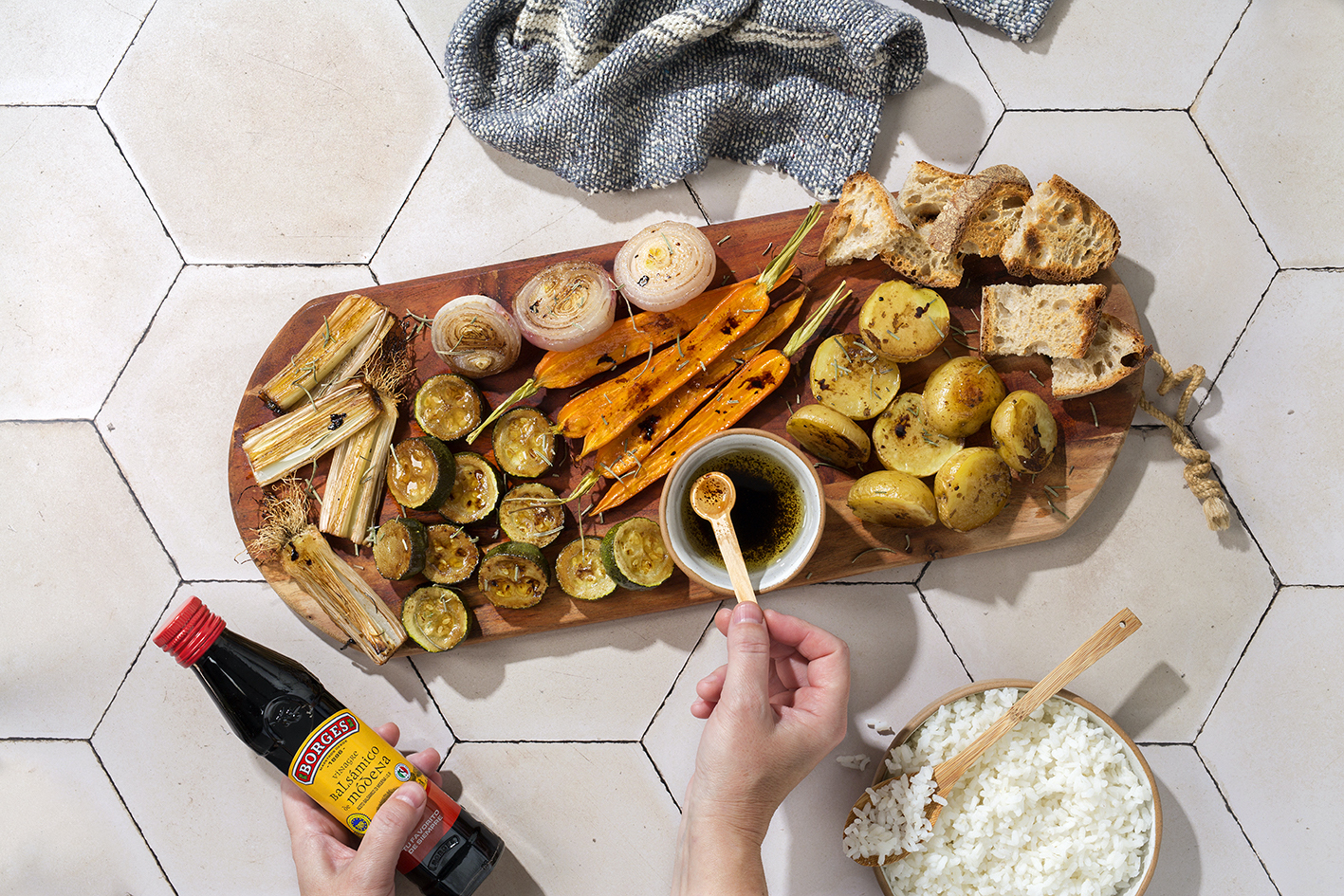Cooking pasta might seem easy, but to make it perfect, we should follow a few important steps. With the tips listed below, directly taken from the Italian art of cooking, nothing can go wrong:
- 1. Last minute. It’s essential to cook the pasta at the last minute, just before serving.
- 2. Water, water and more water. 100g of pasta for 1 liter of water.
- 3. Boiling. Bring water to a boil over high heat.
- 4. The perfect balance. 10 g salt for 100 g of pasta and 1 liter of water. Those are the perfect amounts. Pour the salt when water boils, before adding the pasta, reducing a little the intensity of fire. If you’ve poured too much salt, put a potato in the pan, it will absorb it. If you’ve added to few, balance it with the sauce, NEVER in the boiling water or directly on the pasta.
- 5. Not a drop of oil! NEVER pour oil in the cooking water. Afterwards, fat prevents the sauce from mixing adequately with the pasta. Only exception: lasagna, because the oil prevents the sheets from sticking together (if it’s not a quality pasta).
- 6. At this very moment … Calculate 85g of uncooked pasta per person (100g if you’re not going to mix it with any sauce), and add them when water starts to boil. Then stir immediately. If the pasta is ‘short’ (penne, fusilli, farfalle…) pour it like ‘rain’. If variety is ‘long’ (spaghetti), dive it gently as it gets softer.
- 7. Cooking time. It depends on the shape and kind of the pasta but there are no secrets: Follow the indications on the package. If you want to serve the pasta cold, do it for one to two minutes more.
- 8. Outdoor. Never cover the saucepan during cooking.
- 9. Stir well... and often. Do it every three minutes with a wooden spoon if it’s short pasta, and with a wooden fork for large one.
- 10. Testing. One minute before the end of cooking time, try the pasta. If texture is tender outside but slightly resistant inside… it’s already al dente. Bravo!
- 11. How to drain? Always in a classic wringer. Keep two tablespoons of cooking water: they might be useful to dilute the sauce or to sauté pasta in a pan.
- 12. To rinse or not to rinse, that is the question… Rinsing pasta makes it lose the starch that helps the sauce to stick to macaroni and other varieties, thus we recommend not doing so. However, you might have to rinse with cold water the pasta you will bake (lasagna, cannelloni…), or that to be served in salads, as it can stop its cooking.
- 13. The last touch. When it’s just drained, if you are not adding any sauce, pour a bit of extra virgin olive oil.
- 14. Sauces. Pour the pasta into previously heated sauce (in a pan), and not the other way round, as the mixing will be more homogeneous.
- 15. Do it fast! Serve the pasta immediately to retain all its virtues.

